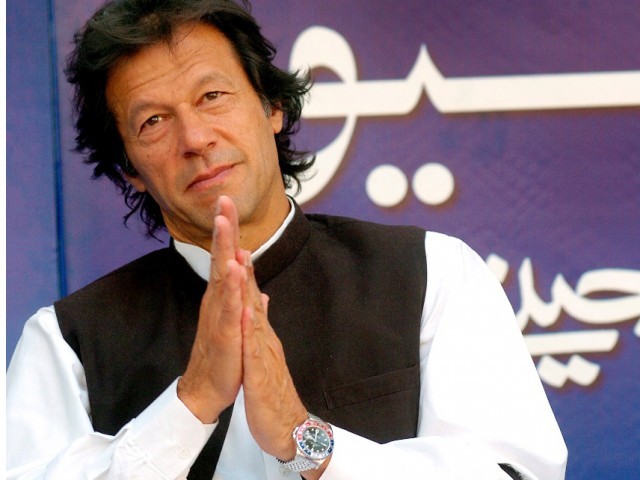IMF, the global lender has given Pakistan very steep terms to avail the 8 billion dollars bailout package. The meetings were expected to be concluded by Friday but now both sides have not reached to any agreement so far and therefore have extended to the weekend. Pakistan is asking for more flexible terms as the Imran Khan government fears that the IMF conditions would lead to inflation. The Pakistan government fears that increase in inflation (already near double-digit) would weaken the position of Imran Khan and would diminish his popularity.
“A steep monetary adjustment and fiscal realignments were the key sticking points holding back a final outcome and the IMF had not changed its stance since October 2018,” said an official from the Ministry of Finance. IMF also demand reform in tax structure, increase in the tax base, lowering the taxation limit, ending tax concessions on businesses, and market-oriented exchange rate. “IMF wanted Pakistan to commit to an upfront adjustment plan along with deep-rooted and wide-ranging structural reforms to secure the bailout,” he added.
By virtue of its nature, the IMF conditionality framework is inherent in nature. Any sort if conditionality will be met with backlash from the Army. Furthermore, the conditionality framework stipulates a big increase in taxes which would be squarely passed onto the general populace. In addition, the conditionality framework further imposes the condition of drastic cuts in govt expenditure, which means govt welfare programmes would be cut impacting the lowest strata of the society.
IMF also asked for transparency regarding all transactions related to China is necessary to get loans. China has given commercial loans worth 6.5 billion dollars to the country in the last two and a half years. The dragon also deposited 2 billion dollars in State Bank of Pakistan, the central bank of the Islamic nation. IMF also demanded information on all China-Pakistan dealings like submarine procurement, nuclear power plant, joint manufacturing of JF-17 and details regarding China Pakistan Economic Corridor.
The Islamic nation has always failed to meet conditions attached to its previous IMF program like cutting spending and privatizing state-owned big co-operations. The Chief Executive Officer of Mitsubishi Corp.’s Pakistan unit said, “Pakistan needs to work on structural problems now so they can avoid another IMF program. It’s just sheer will. The solutions are known including industrialization that has been declining in Pakistan.”
The messed up public finances of the country will be a huge problem for the newly elected Imran Khan who promised ‘Naya Pakistan’ to his electorate. A few months back China bailed out the country by giving one billion dollars to pay for its imports. Large capital flight has taken place from Pakistan due to political instability in the country since last year. This dried up the country’s foreign exchange, making it difficult for them to finance its imports which are increasing due to projects like the CPEC and the burgeoning demand from the urban middle class. There is no certainty in the policies of this country because the governance keeps changing hands between the Army and pseudo-democratic regimes. Foreign investors pulled out almost 857 billion Pakistani rupees ($7 billion) from the Pakistani stock exchange because they could not see any stability in the country. There is a serious balance of payments problem in the country as the imports are at an all-time high, while exports and foreign investments are very low.
